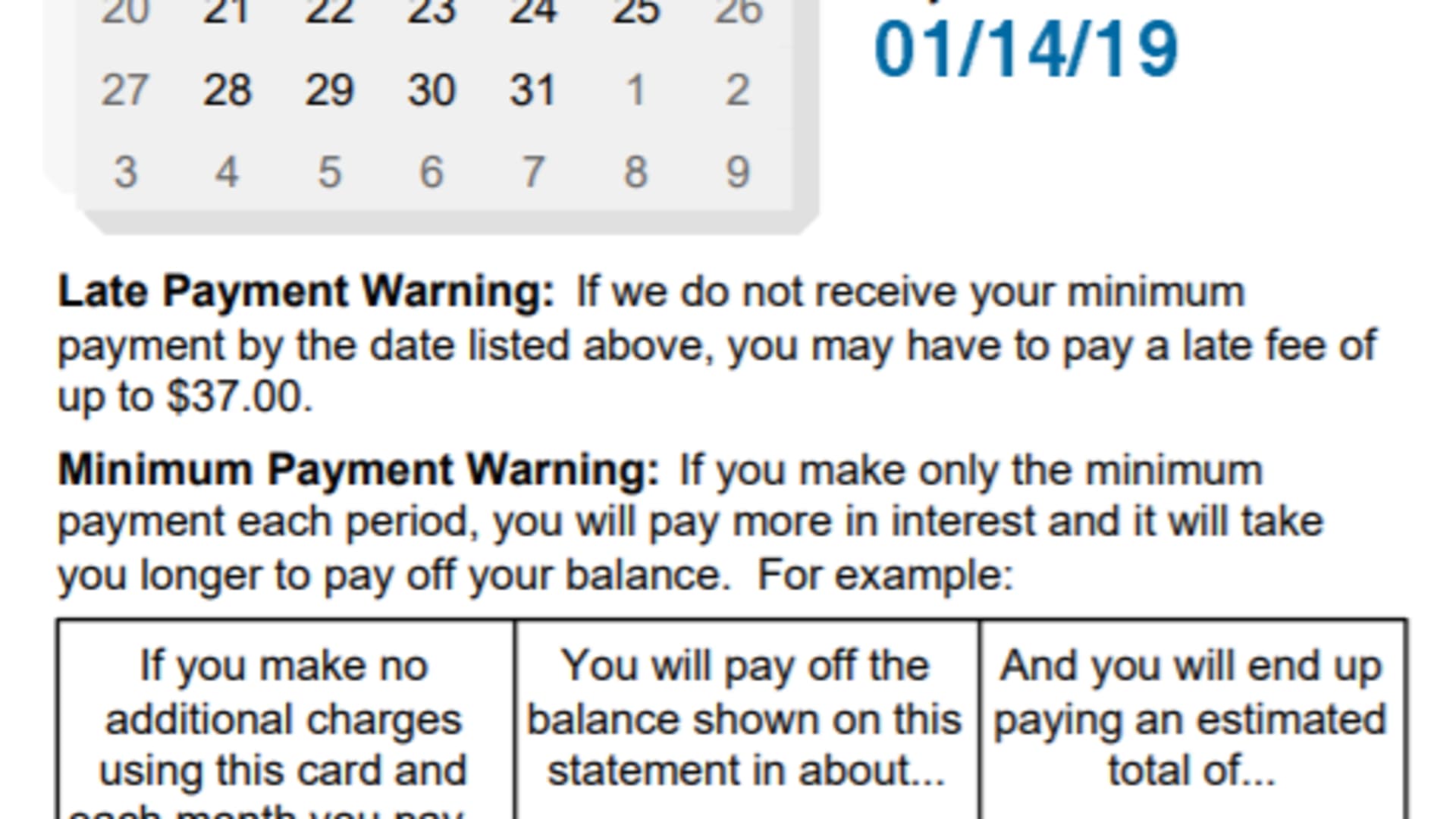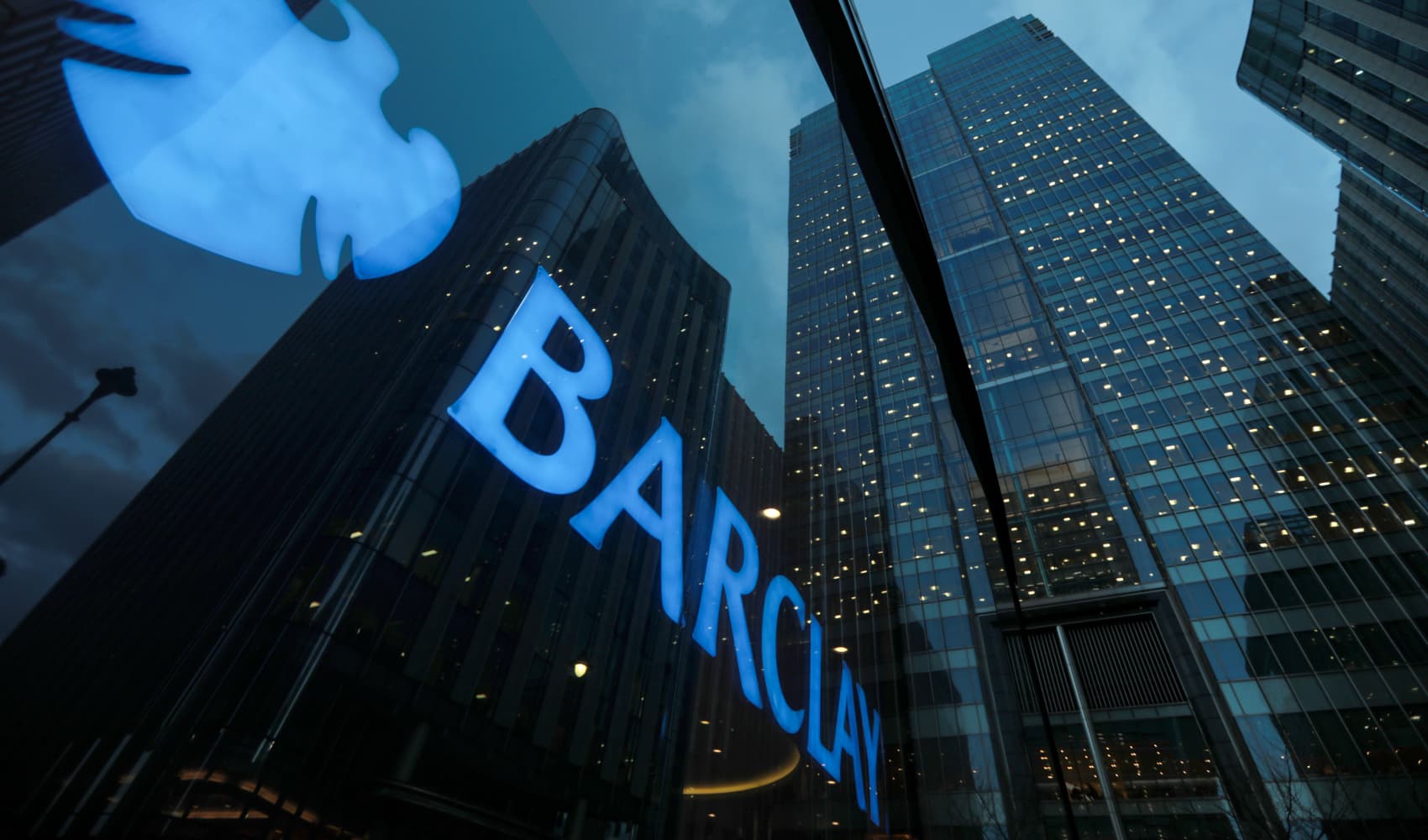
- "Buy now, pay later" options let consumers break up their purchases into installment payments without interest or fees.
- But if you miss a payment, there could be deferred interest or other penalties, depending on the lender.
New sneakers, a MacBook, a Peloton — you can pay for almost anything in installments these days.
Like the layaway plans of old, but now called point-of-sale loans, "buy now, pay later" lets shoppers break their purchases into equal installment payments without interest or fees, even using a debit card, which can make even the biggest-ticket items seem affordable.
Nearly half, or 44%, of consumers said the use of buy now, pay later is somewhat or very important in determining how much they spend during the holidays.
Yet even more said they are concerned that it will cause them to overspend, according to a recent survey of 6,500 adults by Cardify.ai, a data firm that tracks consumer spending.
Further, 48% said buy now, pay later will allow them to spend at least 10% to 20% more than they would using a credit card.
Money Report
More from Personal Finance:
Watch out for this $1,200 stimulus check scam
How to keep your end-of-year finances in check
42% of people fall behind as Covid widens the wealth gap
As installment payments gain momentum, start-ups such as Afterpay, Affirm, Klarna and Quadpay are booming.
These companies team up with merchants to make an installment option available at checkout and, similar to credit cards, they charge the retailer, rather than the consumer, a processing fee.
At the same time, merchants benefit from the higher average purchase prices.
With more shoppers staying home due to coronavirus-related restrictions and buying almost everything online, "it's been a perfect storm for point of sale," said Liz Pagel, a senior vice president and consumer lending business leader at TransUnion.
This phenomenon has put pressure on other lenders to get in the game.
This year, PayPal introduced a new Pay in 4 offering, both Visa and Mastercard announced partnerships with payments processors to create installment options, and American Express made "Plan It," which lets cardholders split up large purchases of $100 or more into equal monthly payments for up to 24 months with no interest, available to its U.S. customers.
"We know that a little flexibility can go a long way, and sometimes people need more time to pay off purchases, especially around the holidays," said Shikha Narula, a vice president of U.S. consumer lending at American Express.
A separate survey by Amex Trendex found that half of all consumers want more options for how they pay for holiday gifts this year and more than a quarter of consumers are more stressed about holiday spending than in previous years.
Since the launch of Plan It, almost 5.5 million such plans have been created — mostly by millennial and Gen Z consumers — worth more than $4 billion in total, American Express said. The average plan size is $815.
However, if a cardholder misses the monthly plan payment, the account may go into default.
For consumers, there's always a catch, according to Matt Schulz, chief industry analyst at LendingTree. Miss a payment and there could be late fees, deferred interest or other penalties, depending on the lender.
"What happens when you miss a payment can vary widely," he said. "Some have late fees, and some don't, for example.
"That disparity is another reason why it is really important to do some homework on these services before you dive in," Schulz added. "Because we're in the early innings with these types of loans, there's no requirement to present all the fees and rates in a single, large-print box like you have with credit cards."

Amid the coronavirus outbreak and ensuing economic crisis, consumers are more conscientious overall.
As Americans continue to cope with surging Covid-19 cases and widespread unemployment, nearly 40% of Americans plan to spend less on gifts this holiday season than they did last year, the largest such percentage since 2013, according to the CNBC All-America Economic Survey.
Although more than 186 million consumers have credit cards, credit card debt is falling to "unprecedented" levels, said Paul Siegfried, a senior vice president and credit card business leader at TransUnion.
The average debt per borrower was $5,075 in the third quarter of 2020, down 10% from last year, according to TransUnion.
There have been fewer late and missed payments for credit card accounts in 2020, as well: The percentage of delinquent accounts 90 or more days past due sank to 1.22%, down from 1.81% a year earlier.






